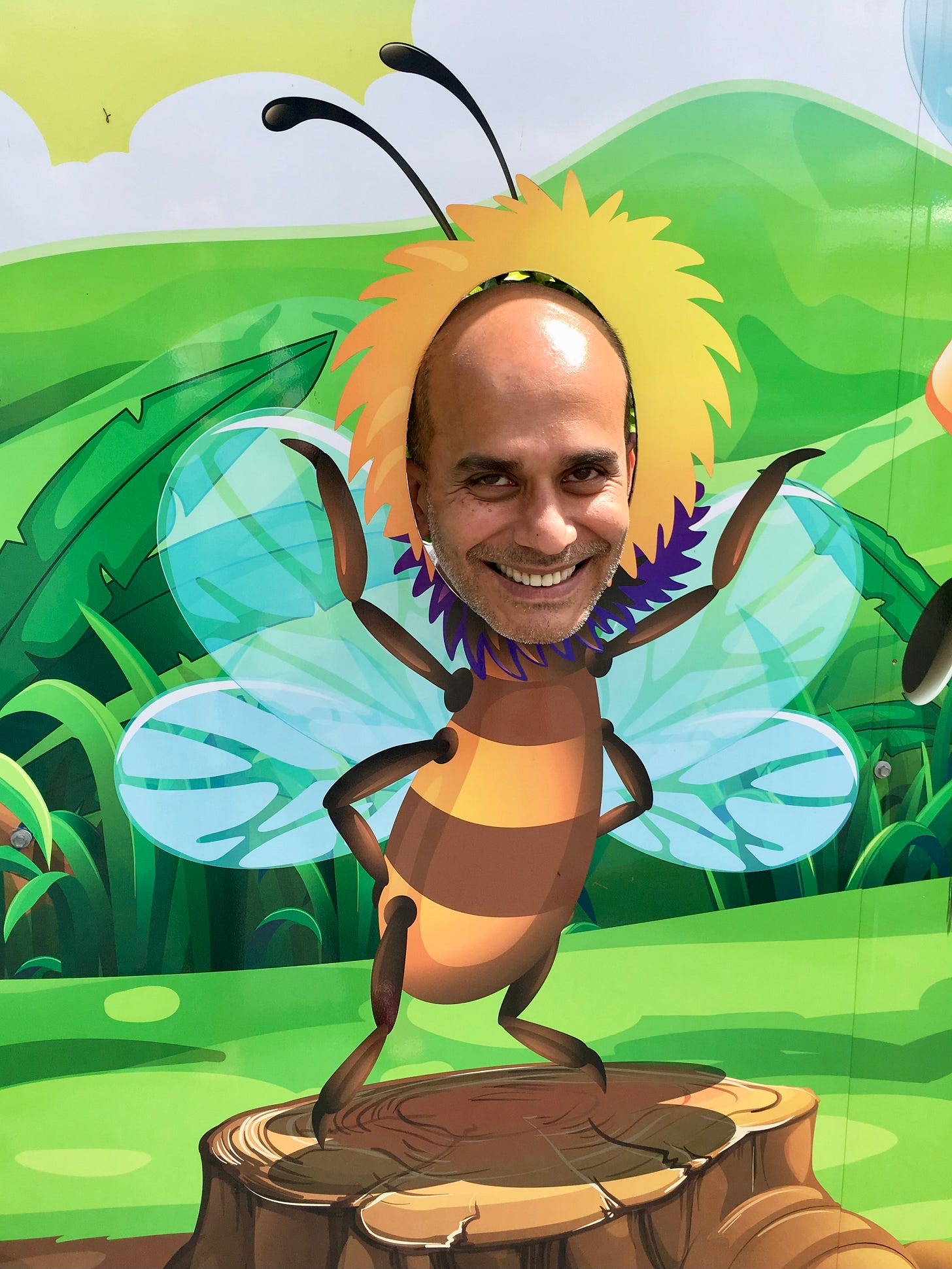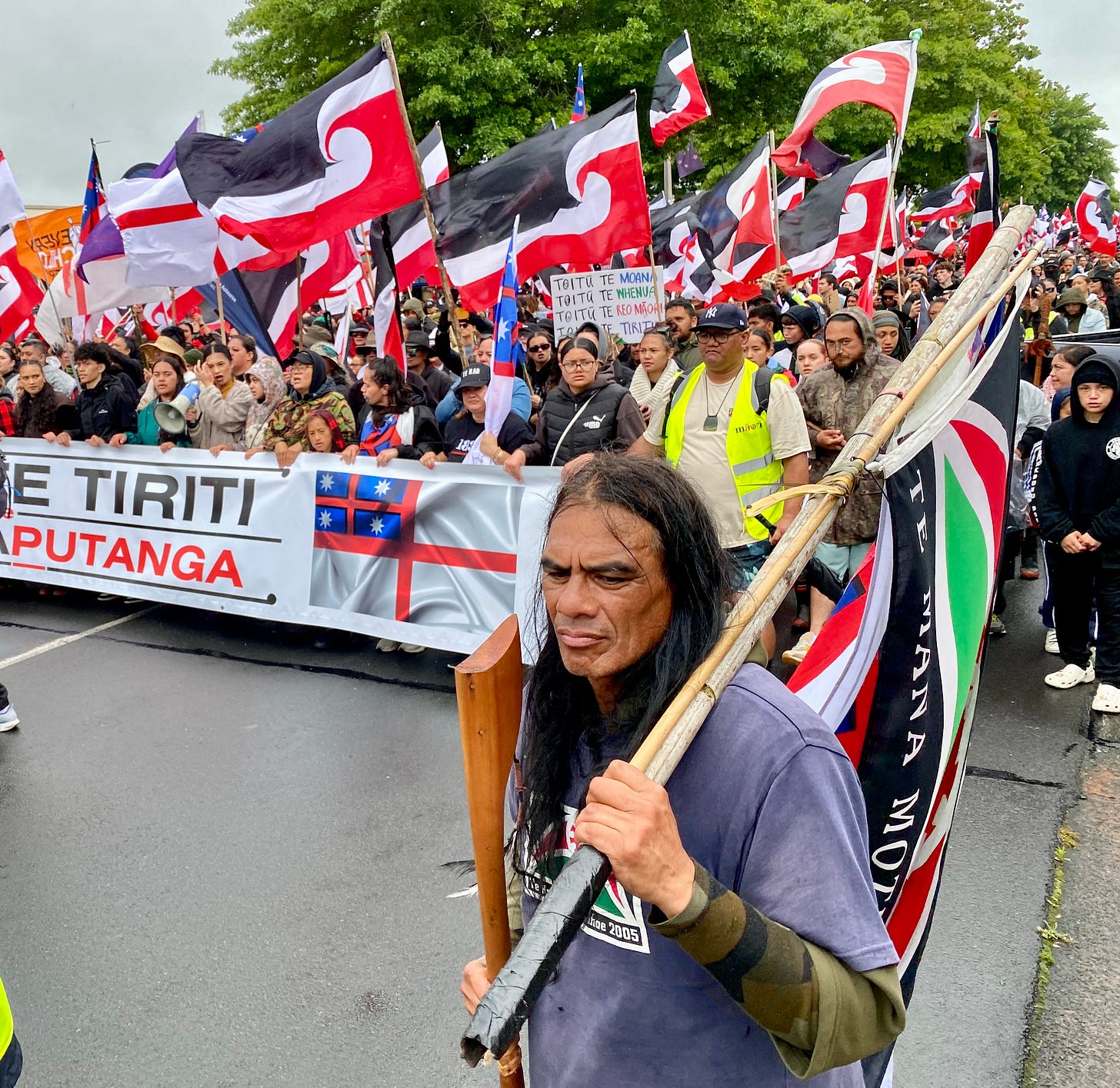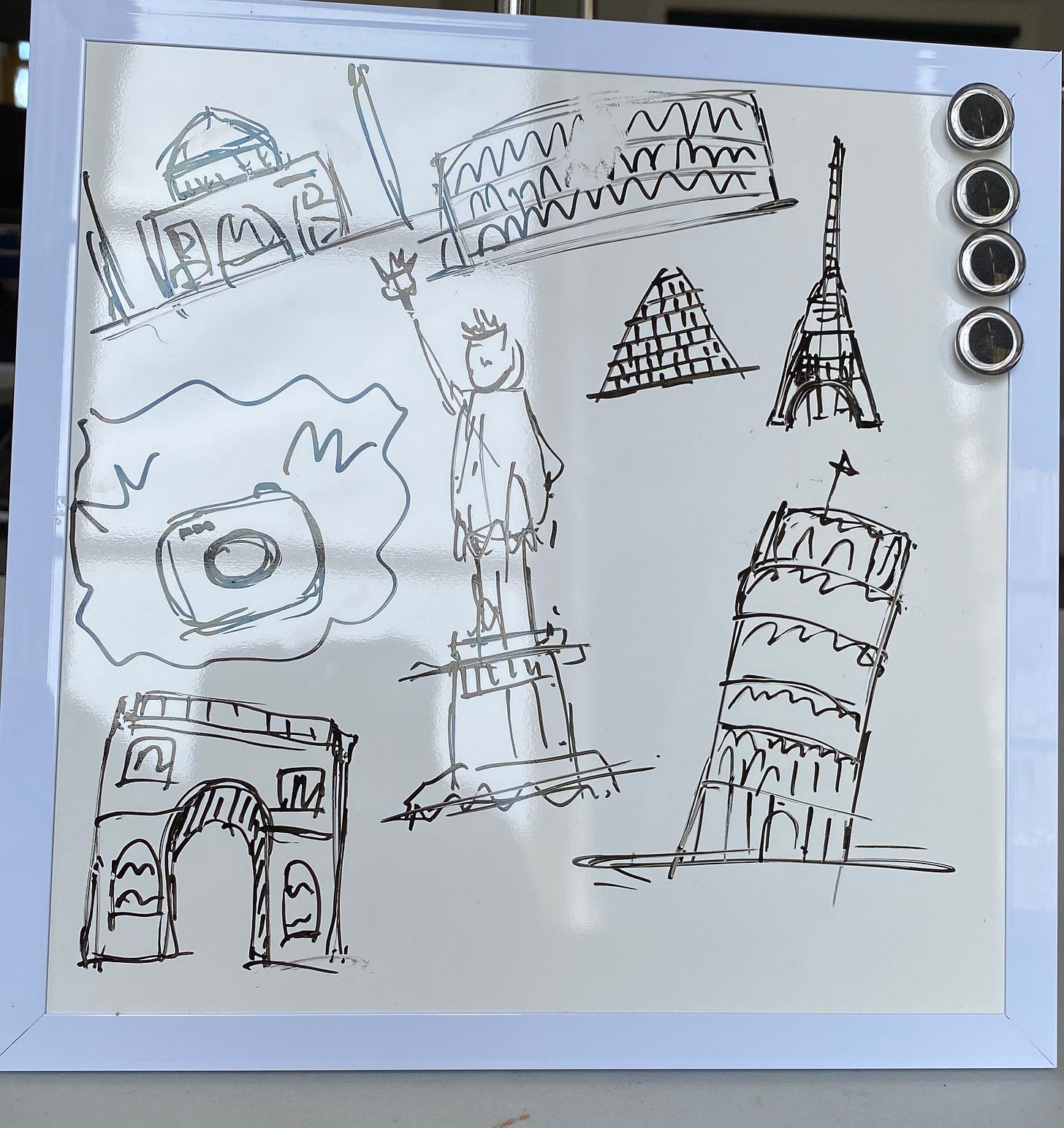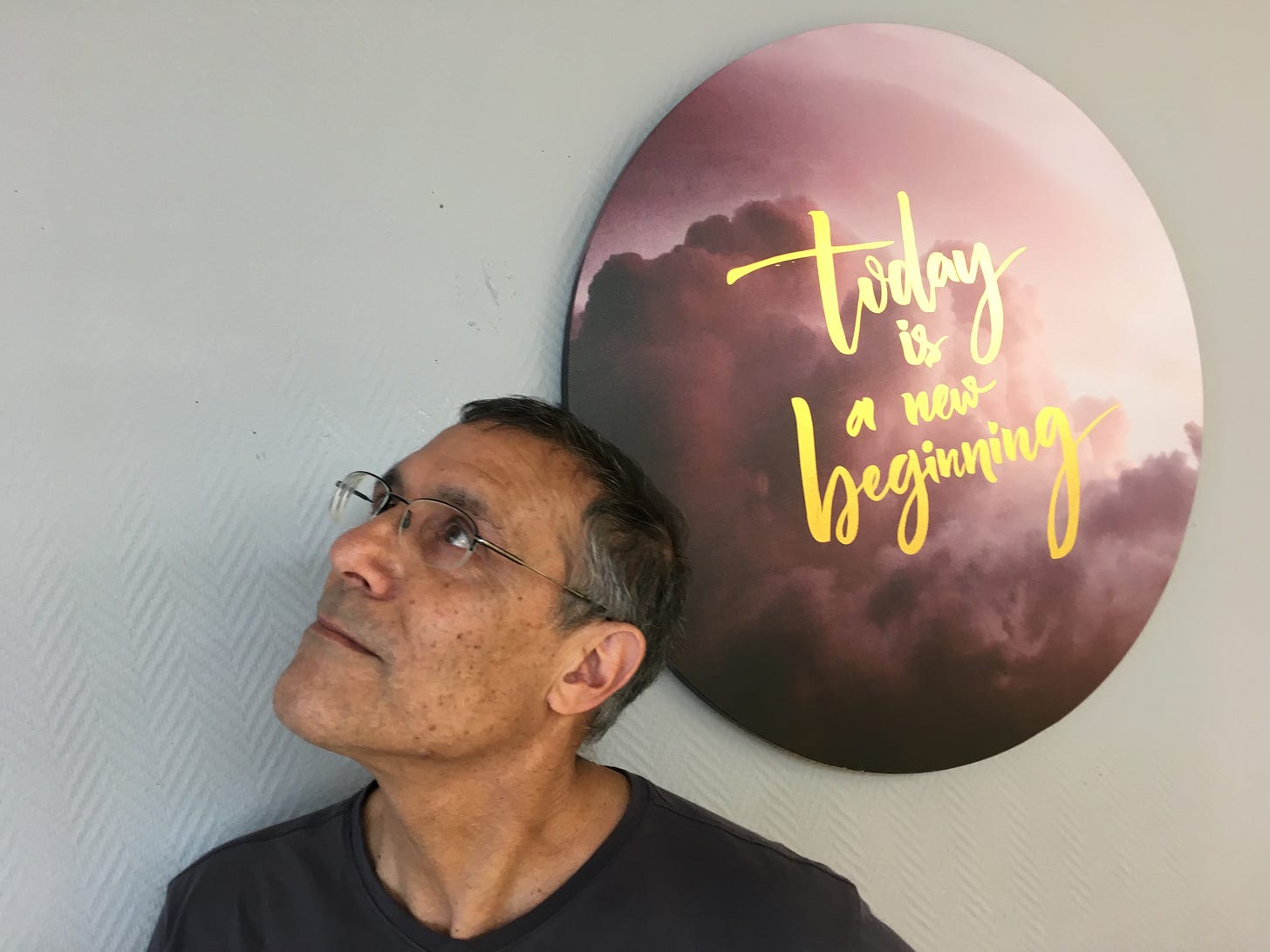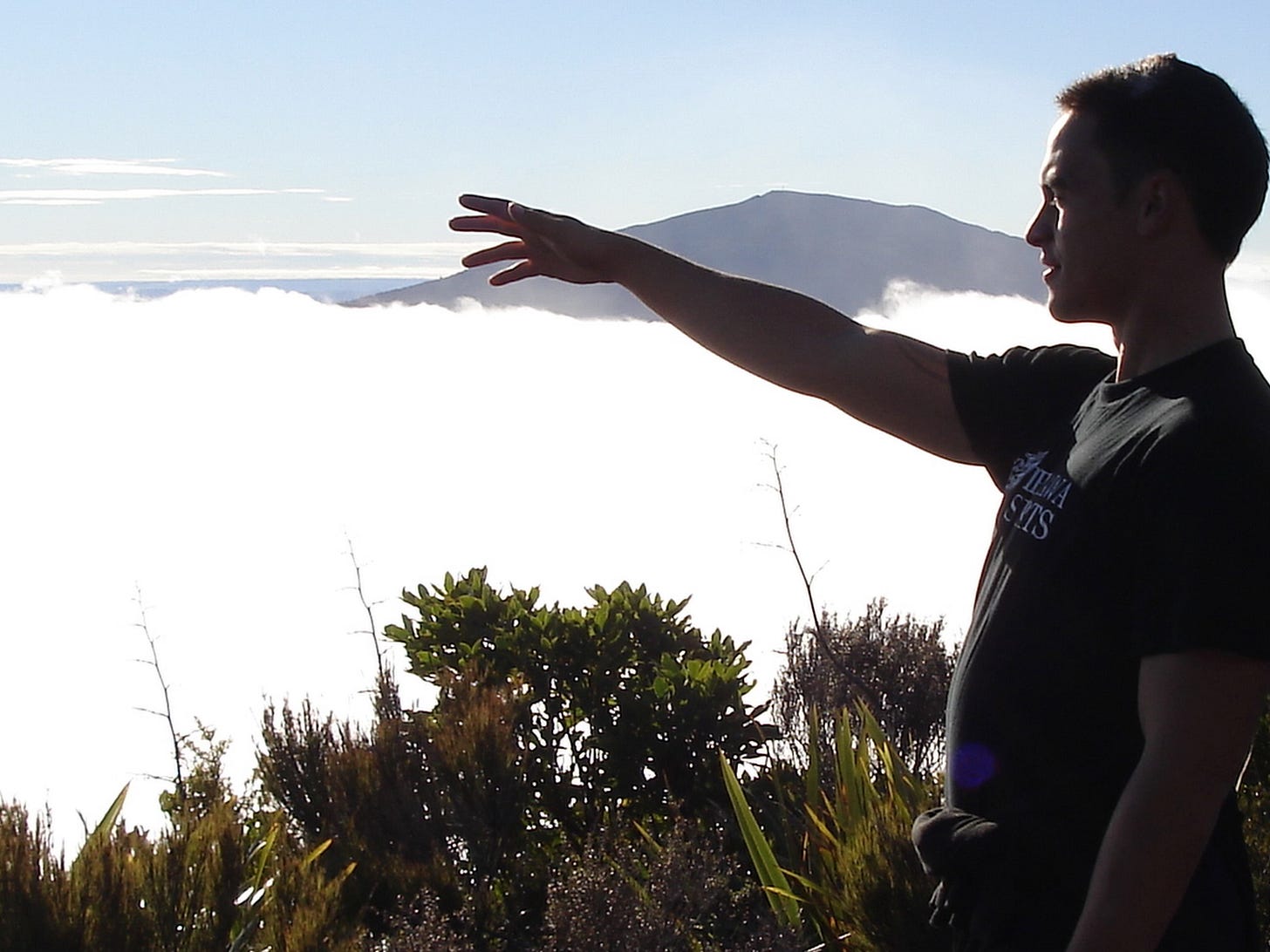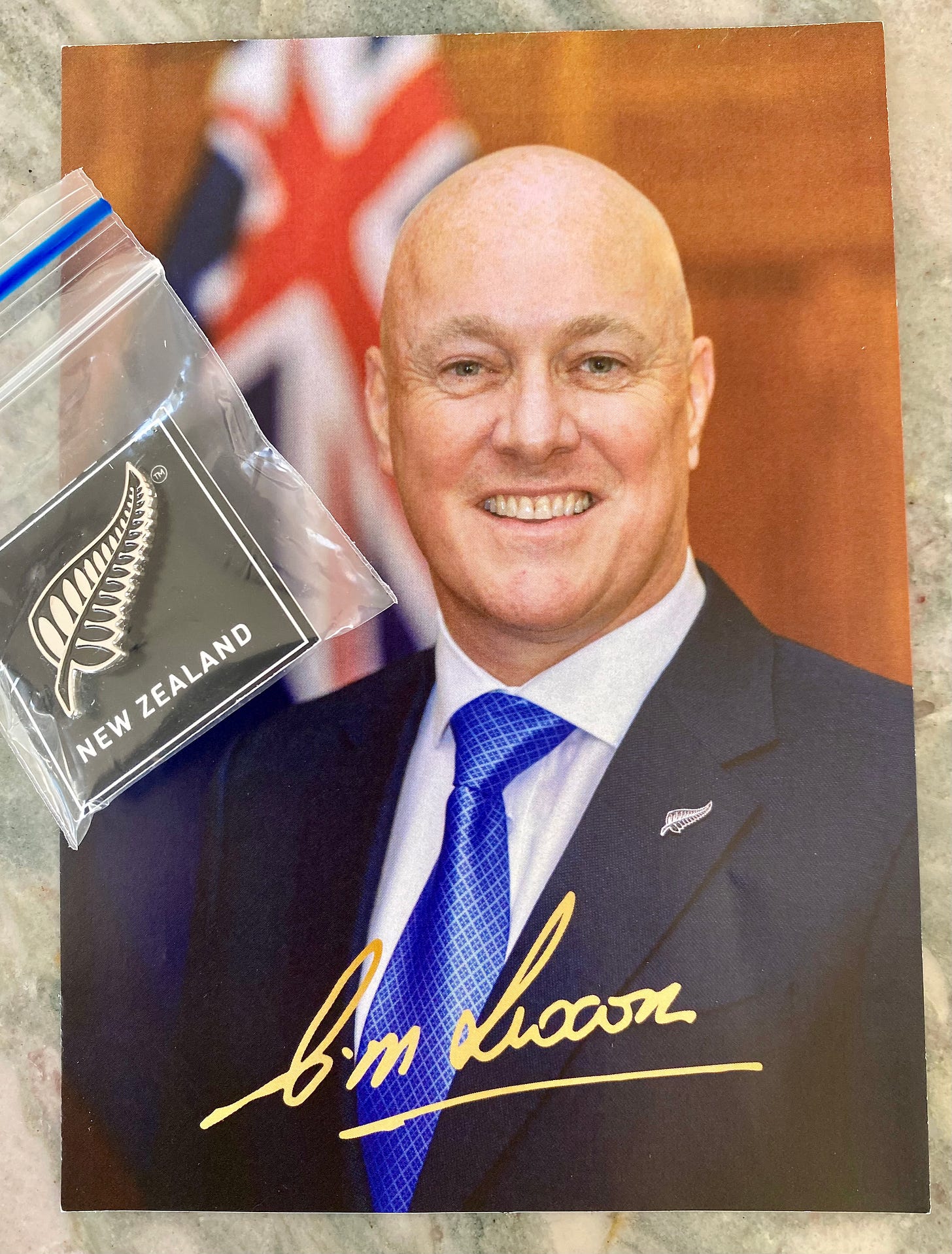What does it mean to be a Kiwi?
From migrants to Office of the Prime Minister: New Zealanders perceive identity
Living in New Zealand, as a migrant, it can be said we have a safe haven in a social democracy that values peace and fairness. We bring our home country culture with us. And we embrace the culture of New Zealand, at varying pace.
The young country in the South Pacific, where historians estimate human habitation began around 1320, has an evolving demographic, based on Māori heritage, multiculturalism and diversity.
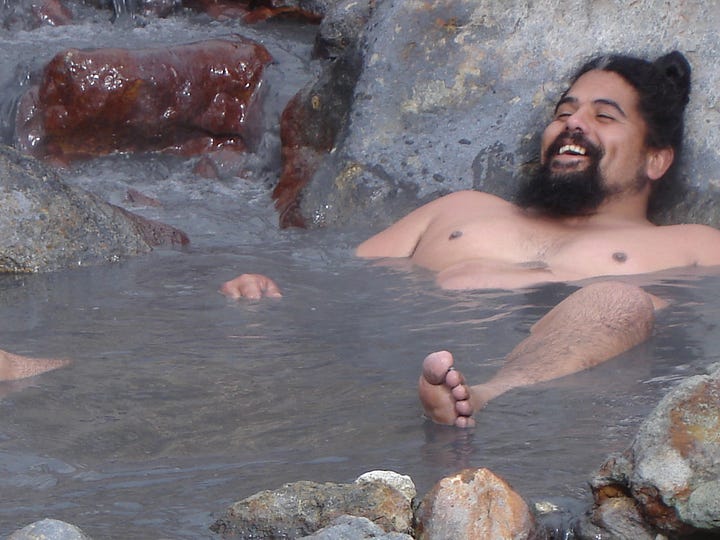
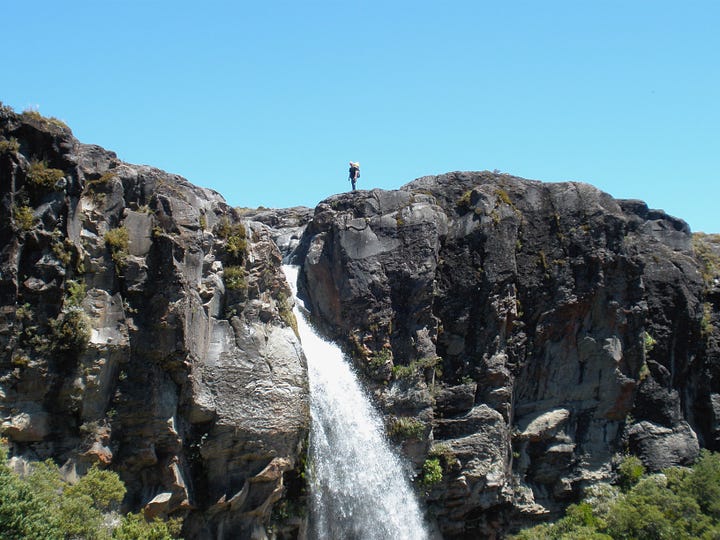
Looking at what it means to be a ‘Kiwi’, an endearing nickname that honours New Zealand’s flightless bird, we see humility, connection to nature, resourcefulness.
According to Stats NZ, ‘ethnicity’ is defined as, “the ethnic group or groups that people identify with or feel they belong to. Ethnicity is a measure of cultural affiliation, as opposed to race, ancestry, nationality, or citizenship. Ethnicity is self-perceived, and people can belong to more than one ethnic group.”
Ethnicity is a measure of cultural affiliation, as opposed to race, ancestry, nationality, or citizenship. Ethnicity is self-perceived, and people can belong to more than one ethnic group.
Hence Kiwi identities are wrapped around ‘ethnicity’ which is ‘self-perceived’ and consists of unique and specific identities defined by culture, choices and preference.
While the country is heating up for local elections, polls closing on 17th October 2025, there are some identity issues thrown in the mix while figuring political alliances.
New Zealand government has six parliamentary parties in the 54th Parliament: the Act Party, Green Party, Labour Party, National Party, NZ First Party and Te Pāti Māori.
Recently one MP shared an online status knocking non-Māori supporters of a politician campaigning with the Labor Party who’d once held the Māori electorate.
Speaking from the Māori Party, Debbie Ngarewa-Packer balanced such attack, stating that while Te Pāti Māori was an indigenous-led party, it was “never about living alone”.
A spokeswoman told: “We stand strong in our kaupapa, envisioning an Aotearoa Hou that treats everyone as we would on our marae - welcomed, fed, housed, kept safe, and loved. Manaakitanga and Te Tiriti o Waitangiare the foundations of all our policies.”
Māori and non-Māori advocate for accurate and fair recognition, a lit torch to determining ethnicity.
Well then, what about migrants to New Zealand who must constantly explain where they are from? In such case geographic origin defines identity. Where you came from before reaching the shores of New Zealand, that is your ethnicity: Chinese, Sri Lankan, South African, Mexican, for example.
New Zealanders don’t all think the same thing about migrants who arrive. New anything or anyone can cause discomfort. It’s unknown. Resources are limited, and built upon. Together.
A young man from India who chose the study pathway visa to gain residency would like for his family to join him in New Zealand. His voice represents many young, upwardly mobile migrants: “After reading the announcement from Immigration New Zealand I believe the Parent Boost Visa is a great option for families to reconnect…The community has expressed mixed emotions on the financial requirement as a lot of people are getting paid less than the median wage and their parents don’t meet the income or personal fund requirements as they are retired or not working.”
The flow of people into, and out of, New Zealand is no doubt based on economics for many. But it is also about place, where cultural adaptation occurs, identities become defined.
Unpacking what geographical relocation means is, of course, multi-layered. And worth unpacking! Watch Gregory Garretson and Dan Keane, both born in America and now calling another country ‘home’ bring up the point of questioning self-determined identity in their video podcast.
Time to get to the nub. When asked, ‘What does it mean to be a Kiwi?’ here’s exactly what some Kiwis offered up:
English language tutor Padi: “To have a respect for land and culture in New Zealand, and a welcoming of others who will be a healthy part of the fabric of our society. Also we Kiwis are big on the OE (overseas experience), and appreciating lands beyond our shores. We like to go out and see the world, at any age, and bring knowledge back to our people.”
General Practice physician Ron: “To value fairness, the spirit of giving it a go, the spirit of number eight wire is important, that can-do attitude. There is a softness which is part of the diplomacy of Kiwiness, a humility. However, too much humility can create a tall poppy syndrome; not enough humility gives way to brash Americanism.”
Rotorua Mayor Tania Tapsell: “Being a Kiwi means we take pride in looking after others, and our pristine environment”.
Ryan Gray, running for a general ward council election: “For me, being a Kiwi is about possibility. We come from a place shaped by bold pioneers in science, adventure, and women’s rights, and that spirit lives on in how we see the world.
“It’s also about how we live day to day. Our landscape gives us freedom—where in one day you can swim in the ocean, walk through native bush at lunch, and ski at sunset. But more than that, it’s the way we balance hard work with enjoying life, knowing that success isn’t just about achievement but about having time with whānau and friends.
“At the heart of it is manaakitanga—the warmth and generosity that comes from embracing new cultures, people, and experiences. New Zealand is still a young country, still shaping its identity, but that’s what makes being a Kiwi exciting: we’re writing the next chapter together, with open hearts and the belief that anything is possible.”
New Zealand is still a young country, still shaping its identity, but that’s what makes being a Kiwi exciting: we’re writing the next chapter together, with open hearts and the belief that anything is possible. - Ryan Gray
Thank you all; gosh Ryan, you have my vote!
Prime Minister Rt Hon Christopher Luxon
To get a solid answer to my question of what it means to be a Kiwi, I wrote to the Prime Minister of New Zealand, Rt Hon Christopher Luxon (PM). As you do.
A reply came from Office of the PM’s Lead Advisor: “On behalf of the Prime Minister, Rt Hon Christopher Luxon, I acknowledge your letter…requesting the Prime Ministers (sic) answer to ‘what does it mean to be a Kiwi’ for your online blog.
“The Prime Minister appreciates people taking the time to (write to) him but due to the high volume of correspondence he receives, he is not able to reply to every message personally…
“Unfortunately, the Prime Minister is unable to endorse individual causes, but we have enclosed a signed photograph and a Silver Fern badge for your collection.
“We wish you all the best with your online blog and with your positive stories to the migrant community in Aotearoa, New Zealand.”
‘We’ feel honoured to have received a note from the Prime Minister’s Office that shows how New Zealand, unlike many countries, encourages free dialogue. Together.


